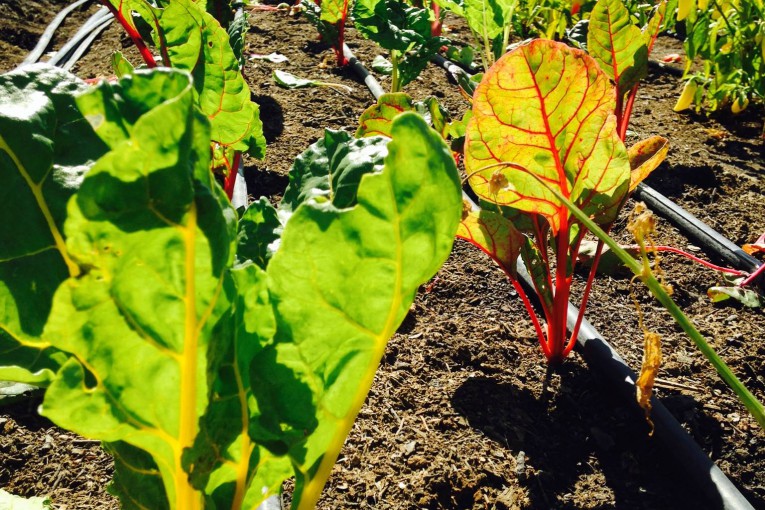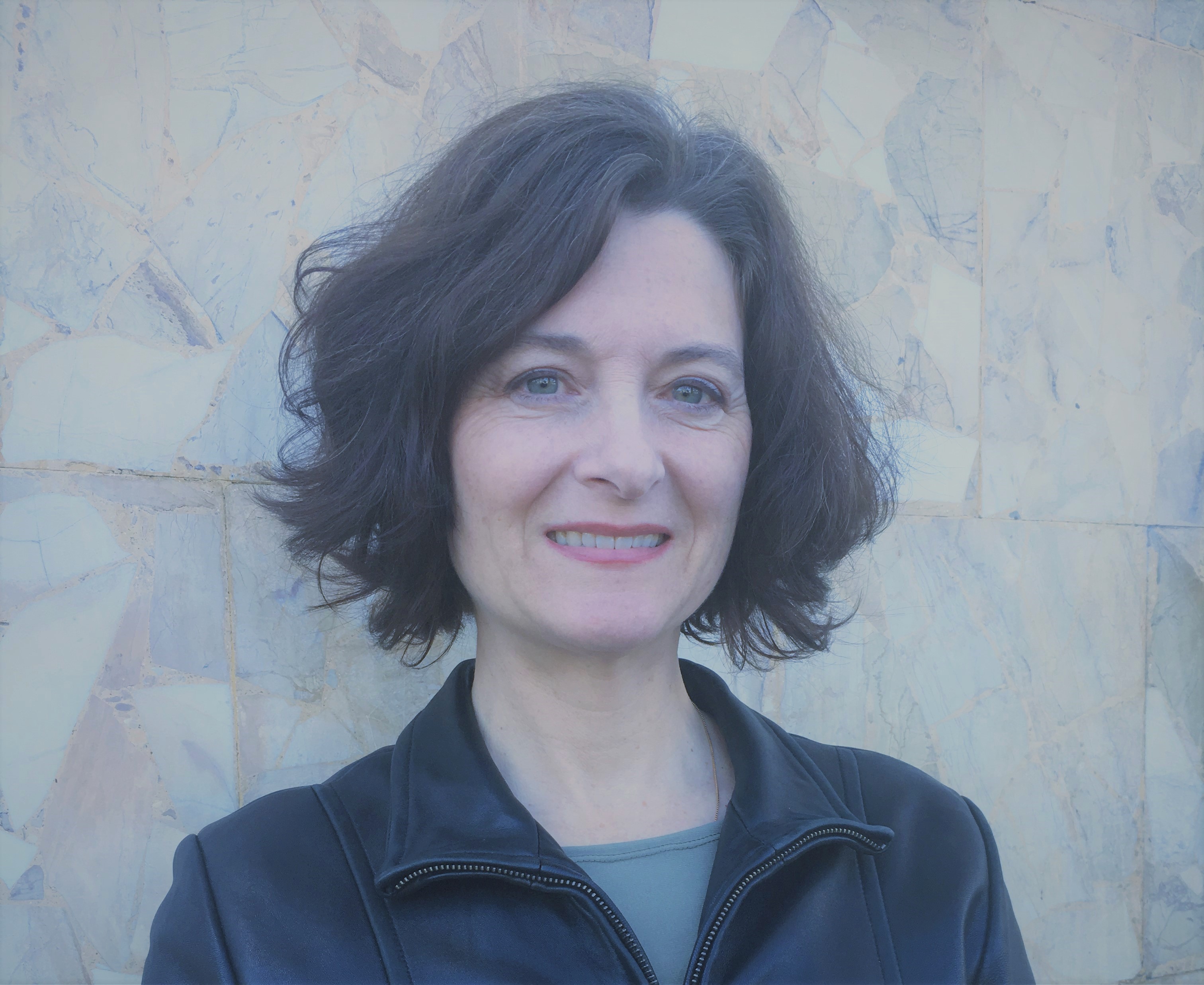

by Leanna M. Sweha
Yesterday we looked at The New Home Company’s planned build-out and financing of the Cannery urban farm. Today we will look at the plans for the Center for Land-Based Learning (CLBL) to lease and operate the farm.
CLBL was founded in 1993 by Craig McNamara, president and owner of Sierra Orchards near Winters and President of the California State Board of Food and Agriculture. CLBL’s mission is “to inspire and motivate people of all ages, especially youth, to promote a healthy interplay between agriculture, nature and society through their own actions and as leaders in their communities.” The headquarters and main educational facilities are at the Farm on Putah Creek, a portion of which CLBL leases from Sierra Orchards.
CLBL runs a number of innovative education and outreach programs in sustainable agriculture and environmental stewardship, which over the last decade have expanded in scope, number and location. Comstock’s recently named the CLBL as one of the “top ten most inspirational capital region nonprofits” for 2015.
The CLBL program that will form a direct connection with the Cannery urban farm is the California Farm Academy, comprised of a new farmer training program and farm incubator program. According to the Farm Academy Director Jennifer Taylor, the vision is for 1 or 2 graduates of the Farm Academy training program to enter a long term sublease of the Cannery farm. These new farmers will sell their produce on-site, to local stores and restaurants, and to community supported agriculture (CSA) members.
Ms. Taylor said that about 4 years ago, the Cannery landowner (ConAgra at that time) approached CLBL with the idea of an urban farm to fulfill the required agricultural buffer for the project and asked CLBL for input as to what would be needed. This eventually turned into a formal consulting relationship through which CLBL provided a solid design and budget for the farm.
The Farm Academy farmer training program is seven months of intensive education for new farmers held at the Farm on Putah Creek. The Farm Academy just began its 2015 program with 20 new students who attend classes on evenings and weekends.
Students must complete 250 hours of education, including required core courses and hands-on training in the greenhouse, field and packing shed. Farmers and other agricultural professionals lecture and mentor the students and provide farm tours.
Students must write a business plan and present it to a panel of farmers and lenders. They also must conduct an independent study project to focus in-depth on their individual farming and marketing goals.
The Farm Academy incubator program is designed to help new farmers gain access to land and capital, which are the main economic barriers to entry into farming today. The CLBL subleases five acres of the Farm on Putah Creek to new farmers at half the market rate. The farmers are responsible for operations and inputs, but get to use the facilities at a reduced rate. Over the last year, the incubator program has expanded to West Sacramento, where new farmers are currently growing produce on vacant lots.
The Cannery urban farm will be a new incubator site. Ms. Taylor noted that during the first year or two of start-up, it is likely that the CLBL will manage the farm and hire a farmer. The New Home Company will support the operation with $100,000 annual payments to cover costs of irrigation, seed inputs, tools, small equipment purchases, and maintenance. The CLBL will fund-raise for the effort and is looking for large equipment donations.
The New Home Company is currently improving the farm fields with gypsum and compost. Ms. Taylor expects that cover crops, likely vetch and oats, will be planted in the fields in a few weeks. The barn structure is scheduled for completion by the July Cannery sales opening. Lease negotiations between the City and CLBL are proceeding with the farm build-out.
“The urban farm will be an exciting new piece of the Davis landscape,” Ms. Taylor said. “It will support our beginning farmers, and will engage the community. It will bring farming into the city so that residents can get up close and personal with agriculture.”
Leanna M Sweha, JD, has been a resident of Davis for 20 years. As a young molecular biologist in a USDA lab working to engineer Roundup-resistant corn, she grew interested in sustainable agriculture. Fascinated with the legal and policy issues of agricultural genetics, she became an attorney specializing in agricultural and natural resources law. She has worked for the California Resources Agency and the UC Davis Office of Research.

“The New Home Company will support the operation with $100,000 annual payments to cover costs of irrigation, seed inputs, tools, small equipment purchases, and maintenance. The CLBL will fund-raise for the effort and is looking for large equipment donations.”
Ok… it appears the author has answered the question I posed yesterday. $100,000 per year X 30 years = $3,000,000, which is the number I thought I heard Wolk come up with at the CC meeting. 30 years will be the maturity period for the bonds sold, in all likelihood. That cannot be financed by the proposed CFD, but by financing an additional 3 million for other things, that would loosen up money for the developer’s “largesse”. At a profit, of course. $3 million today is worth a lot more than a fixed amount of $100,000/yr for the next 30 years.
The fact (according to the author) that it will take $110k per year, PLUS the money CLBL looks to raise, and the fact that the author implies that doesn’t even cover farm equipment, gives one pause as to whether this will be “sustainable”, and whether those folk (including at least one City management staff person in particular, who has been pushing the urban farm concept for years), will be expecting the City to pick up the subsidies needed for this. We shall see.
BTW, I have no problem with the concept, and think it could have value. I just believe we should have eyes open wide to decide whether the value is commensurate with the costs.
“BTW, I have no problem with the concept, and think it could have value. I just believe we should have eyes open wide to decide whether the value is commensurate with the costs.”
the costs to whom? it seems like this is privately financed. also how do we measure value here?
(edit: hpierce, i’m sorry you perceive as being a wise ass, these are legitimate discussion points i’m raising off your insightful comment).
Once the developer has fulfilled their commitment (do you think the $100k/year is in ‘perpetuity’?), or dissolved, or whatever, either someone in the private sector will have to step up (maybe during a severe recession?), the “farm” (apparently) will fail, or the public will be ‘forced’ (politically, most likely) to subsidize it. The fact that apparently, it will require an infusion of $100k/year, ostensibly for 30 years, plus outside fund raising (amount needed here, unknown), plus donated equipment, to happen, sure looks to me that it is not economically sustainable. Or, what am I missing?
Author emailed to clarify:
David (and author)… thank you for the clarification.
The fact (according to the author) that it will take $110k per year, PLUS the money CLBL looks to raise, and the fact that the author implies that doesn’t even cover farm equipment, gives one pause as to whether this will be “sustainable”, and whether those folk (including at least one City management staff person in particular, who has been pushing the urban farm concept for years), will be expecting the City to pick up the subsidies needed for this. We shall see.
Urban Farms. Cool and hip, yes indeed. Davis vibe, certainly. But very, very few urban farms are sustainable. They all depend on internships ( free labor), volunteers (more free labor) and incredibly high prices for what they produce (usually, not much per acre). The owners/farmers take financial and entrepreneurial risk in return for what is essentially a low wage. Not to say that some of the owners don’t love it….but it’s lifestyle and a cause – not sustainable for the vast majority.
Think about it – $110k subsidy for 7 acres – 15K in subsidy alone?????
CLBL does not farm or have any farmers in its midst? Comic. Hire a farmer! The manager of the farmer will cost more than that $110K too.